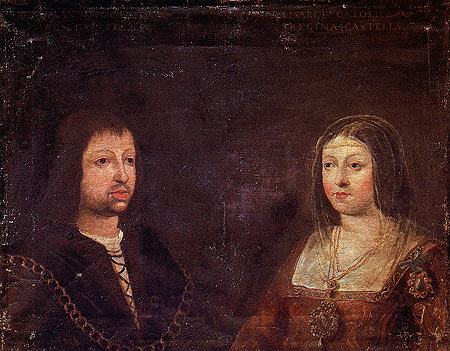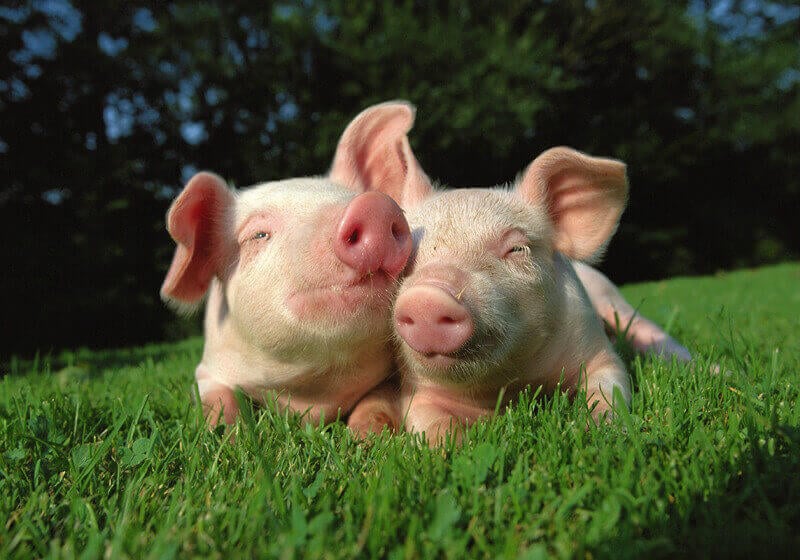Now don't get me wrong. I like having choices. I'm not a fan of being told what to do, especially in the creative realm. But choosing one topic to engage creative kids with such a wide range of ages is daunting, to say the least.
 I asked my daughter Katie, an exceptionally creative and insightful first-grade teacher, to brainstorm with me. What we came up with was the concept that both non-fiction and fiction writers have to do research as part of their creative process. I could focus my presentation on showing the research I'd done for Risking Exposure (and am still doing for the sequel.)
I asked my daughter Katie, an exceptionally creative and insightful first-grade teacher, to brainstorm with me. What we came up with was the concept that both non-fiction and fiction writers have to do research as part of their creative process. I could focus my presentation on showing the research I'd done for Risking Exposure (and am still doing for the sequel.)So I sat down this week to work on my Power Point. In it, I likened the process of research to a dig for buried treasure. We use different tools for the various surfaces we encounter, pick axes for rock (secondary research sources), shovels for loose dirt (primary sources.) When we uncover a gem, we hold it in our palm, turn it this way and that, examine it with a magnifying glass to clarify its tiniest details. Only then do we determine its worth, whether we should toss it aside or place it in a silk-lined box for all time.
Hopefully, the kids will be inspired to set off on their own digs and research topics of interest to them.








